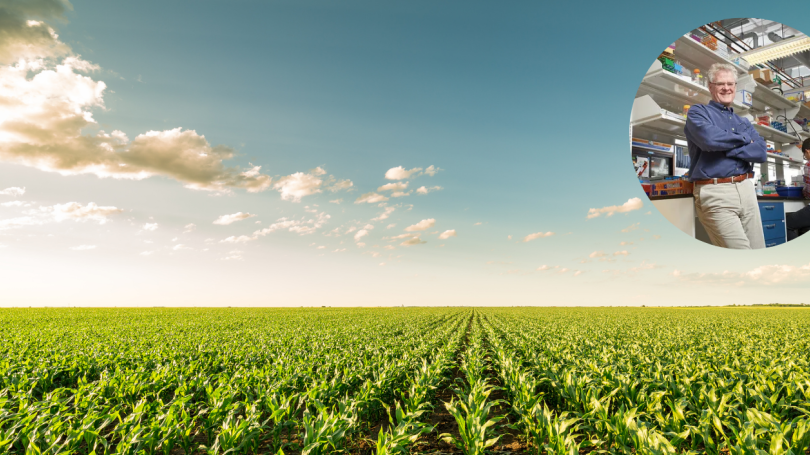
- About
- Education
- Research
- Engagement & Collaboration
- News & Events
Back to Top Nav
Back to Top Nav
Back to Top Nav
Back to Top Nav
Dartmouth Engineering Professor Lee Rybeck Lynd contributed to a recent study published in Nature Sustainability, led by Angelo Gurgel of MIT and coordinated by Agroicone of Brazil, which highlights the significant environmental and socioeconomic benefits of Brazil's double-crop corn ethanol production system. Double cropping–producing two crops on land that formerly produced one crop–has led to the rapid expansion of grain production in the Central-West region of Brazil and has optimized land use in the off-season cultivation system.
The system not only produces renewable and affordable energy, generating an additional 5 billion liters of ethanol and 600 GWh of electricity annually, but also supplies 4 million tons of animal feed. It contributes to reducing greenhouse gas emissions by up to 13.2 million tons of CO2 and saves 160,000 hectares of land. The study emphasizes the system's alignment with Sustainable Development Goals (SDGs) and its positive impact on food security, human health, and ecosystems, particularly benefiting low-income populations.
"The big lesson here is that the sustainability merit of biofuels is not determined by the feedstock, as commonly assumed, but rather by details of the supply chain, which are in turn amenable to policy incentives." – Lee Rybeck Lynd